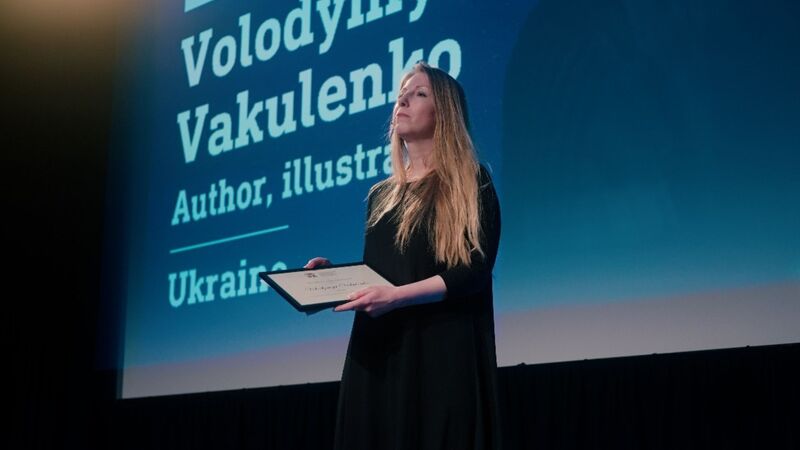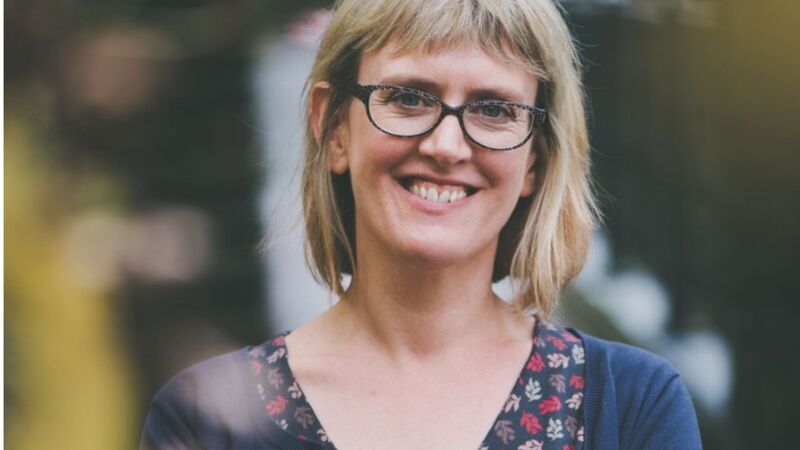You are viewing your 1 free article this month. Login to read more articles.
Report finds £23k 'class pay gap' in publishing
A report slamming representation in the arts has highlighted a "class pay gap" in publishing of up to £23,000 a year and found that people of working class origins make up just 12.6% of the sector.
The report, led by the University of Edinburgh and University of Sheffield and funded by the Arts and Humanities Research Council, uses data from a number of sources, including the British Social Attitudes Survey, the DCMS' Taking Part Survey, data from the Office for National Statistics’ Longitudinal Study and data from the 2015 "Panic! What happened to social mobility in the arts?" project.
Released on Monday (16th April), it reports that working class people continue to be underrepresented across the arts, while middle class white men dominate the top jobs. In music and the performing and visual arts, people with working class origins make up 18.2% of the work force, and in film, TV and radio just 12.4%.
Although the report reads that no creative occupation outside of crafting comes close to having a third of its workforce from working-class origins (which is the average for the population as a whole), it said the situation in publishing was "especially grave" with over a third of the workers from upper middle class social origins and only about an eighth from working class origins.
"People from upper middle class origins are overrepresented in many creative occupations, compared to those from working class origins," the report said. "They are also overrepresented compared to the overall numbers of upper middle class origin and working class origin in the labour force as a whole. It appears that creative jobs are thus highly exclusive."
When it comes to regional inequalities, the report said over a third (34.8%) of the creative workforce in London are from the upper-middle classes next to just under a quarter (23%) in the rest of the UK. It concluded: "You don’t have to be from an economically privileged background to work in London, where the bulk of creative and cultural jobs are located, but coming from an upper middle class background offers significant advantages for people struggling to make it in the capital."
On top of the gender pay gap in the creative industries sector, where women are estimated to earn £5,800 less per year, the report noted a "class pay gap" of up to £23,000 a year within publishing specifically. The class pay gap generally looks at how people from different backgrounds progress within professions by looking at differences in their average earnings
"In terms of class origin, there are clear pay gaps between those from upper-middle class origins and those from working class starting points. For example, in publishing there is evidence of a class pay gap of up to £23,000 a year. However, much of this class pay gap is related to individuals’ education levels. This does not account for the gender pay gap identified in analysis of the cultural workforce," it said.
"Gaps in pay mean that even when women or those from working class origins make it into cultural occupations, they still struggle to compete with colleagues who are male or from upper-middle class starting points."
Despite such statistics, the report said those it surveyed who were the best paid and held the most senior roles (paying over £50,000 a year) were the ones who believed most strongly in meritocracy. It cited the testimony of two senior white women in the publishing industry who both credited "tenacity" to explain their success, "rather than their class, or networks in their perceptions of success" the report pointed out.
The Northern Fiction Alliance lately challenged publishers in an open letter to set up outside of London to address "how white, middle-class and London-centric our industry still is". The "moral case", it argued: "how much talent do we lose because, for a lot of people, London is too expensive, too far away, or, frankly, too chaotic to move to? What message do we send and what narrative do we build when entry to this industry relies so heavily on insider networks and the wealth within one’s background?"
Applications for The Scheme, Penguin Random House UK’s early career programme focused on finding "editors of the future" from "under-represented communities in publishing”, opened for applications last week. PRH said then: "As publishers, we want our books to reflect everyone in our society, which means that our editors – responsible for seeking out and bringing new and established writers’ works to life – need to reflect our society too.”













